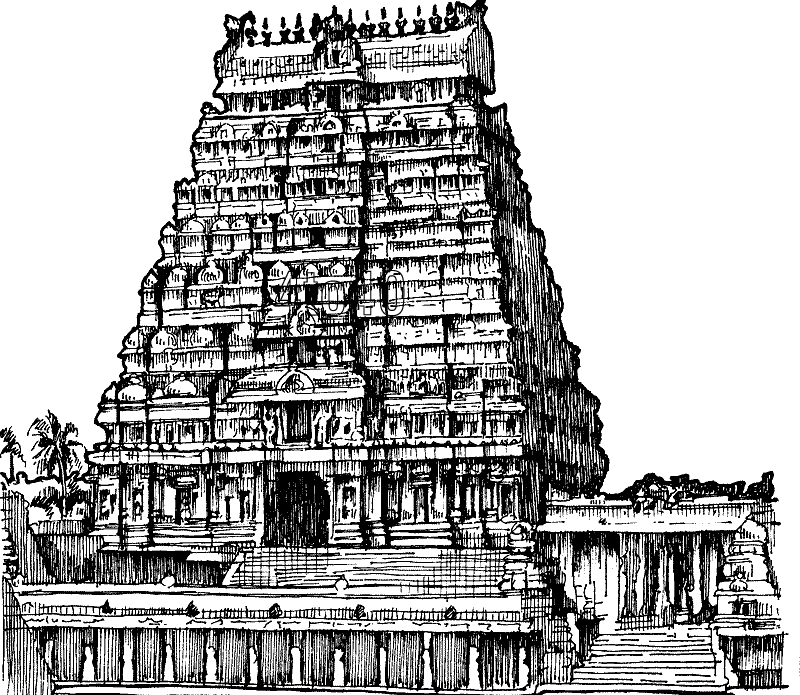LALITHA SAHASRANAMAM - Namah # 123
- S Subramaniam
- Dec 4, 2022
- 2 min read
LALITHA SAHASRANAMAM
@ S. Subramaniam
शारदाराध्या (123)
Sharadaradhya (123)

Meaning:
Devi is worshiped by Saraswati. Sarada being one of her many names of Saraswati.

Interpretation:
The namah should be read as Sarada + Aaradhya which means Devi Lalithambika is worshiped by Devi Saraswati.
Some scholars attribute the term knowledge for Saraswati and explain that Devi is worshiped by knowledgeable persons or those who have studied Vedas. While others are of the view that Sarada (meaning Knowledge) stands for Vaag Devi-s, the composers of LSN.

Adi Shankara's Quote:
In the hymn by the name शारदा भुजङ्ग प्रयाताष्टकम् Sharada Bhujanga
Prayata Ashtakam, composed by Adi Shankara, each of the eight stanzas conclude with the following line:
भजे शारदाम्बामजस्रं मदम्बाम् ||
Bhaje Sharada Ambam Ajasram Mad Ambaam ||
Meaning : I worship Mother Sharada, Who is my Eternal Mother.
Adi Shankara refers to Devi Sharada as the eternal Mother.
For academic interest, it may please be noted there are several Bhujanga slokas composed on various deities. Bhujangam literally means snake in Sanskrit and the words of these slokas follow a certain grammar pattern that resembles the movement of a snake and hence the name.
Author's Notes
Origin of the word Sharada is not exactly defined. It could be either from a kind of musical instrument called sarad played by Devi Saraswati and hence she got the name Sharada. Alternatively, Sharada could refer to one of the seasons - the Autumn is called Sharad in Sanskrit. The Navaratri falling during Autumn is called Sharada Navaratri in contrast to the one falling during Spring season which is referred to as Vasant / Basant Navaratri.

It may further be noted that two of the Mutt / Peeth established by Adi Shankara are called Sharada Peetham - the one at Sringeri and the other at Dwaraka.
The original Sandalwood idol of Devi Shardamba at the temple in Sringeri (now it is replaced with the golden idol) is believed to have been brought by the Shankaracharya from Sharda temple Kashmir.

Sharada Peeth, Kashmir is a ruined Hindu temple located in the Neelum Valley of Pakistani-administered Kashmir. It was during his visit to this temple Adi Shankara got enlightenment from Devi and composed Soundarya Lahari.
Disclaimer: All matters contained in this article are the property of www.templesofasia.com. The opinions expressed in this article are purely that of the author. The author alone is responsible for the accuracy, authenticity, completeness and validity of all the information in the article.


Comments